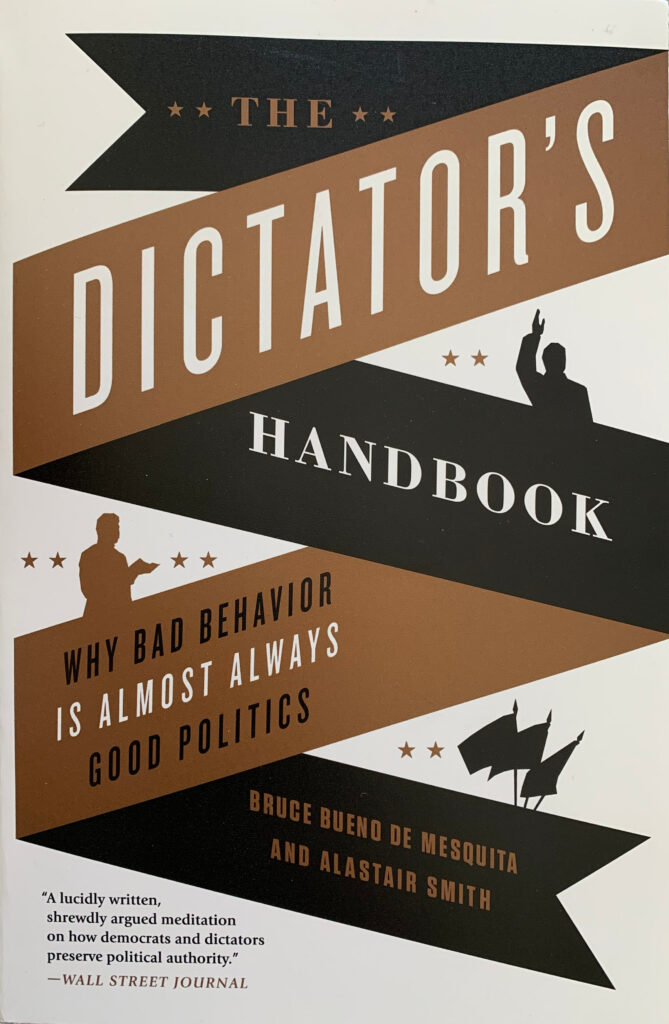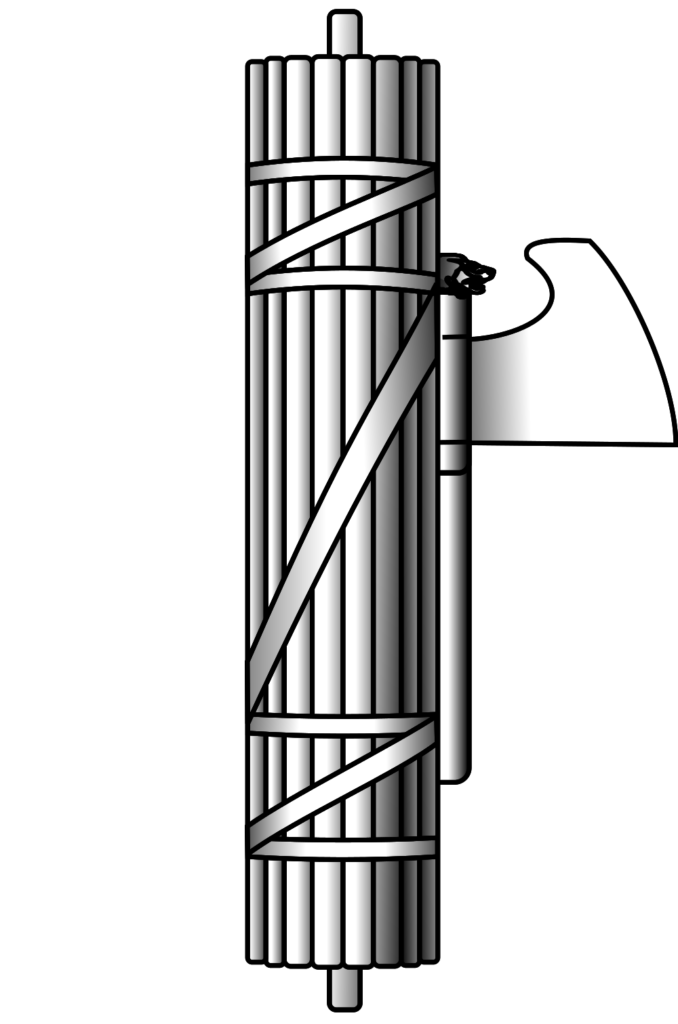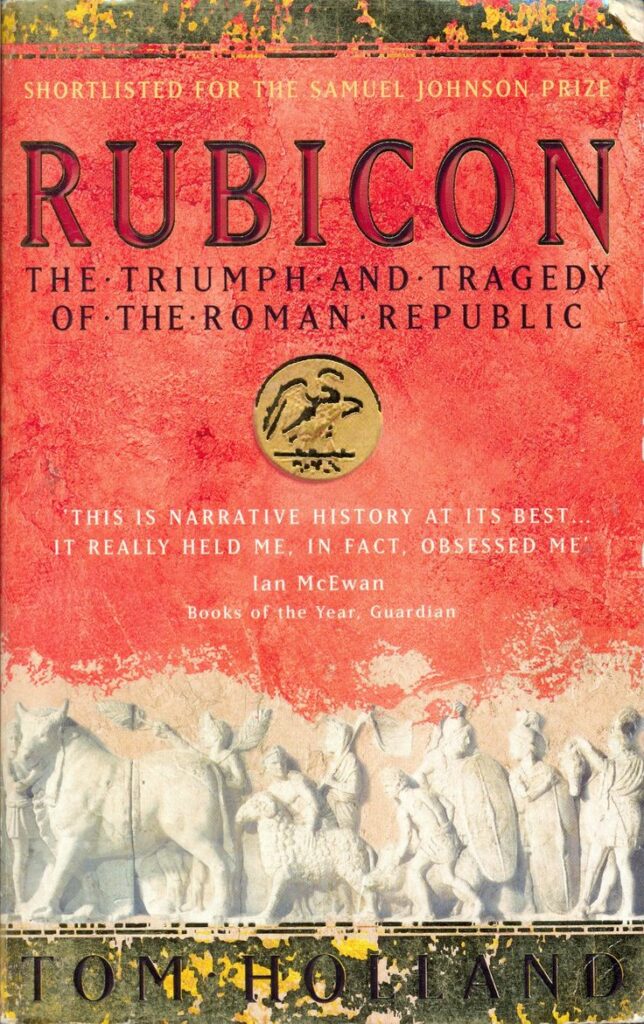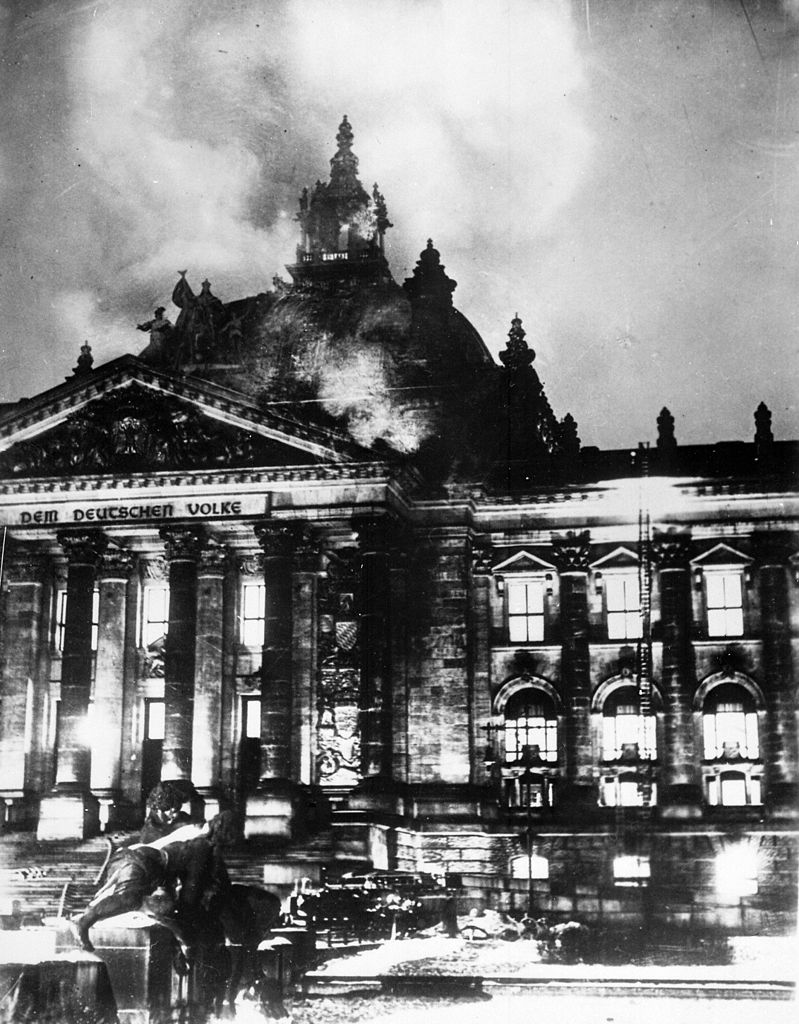en.wikipedia.org/wiki/Reichstag_fire
The Reichstag fire (German: Reichstagsbrand, listen(help·info)) was an arson attack on the Reichstag building, home of the German parliament in Berlin, on Monday 27 February 1933, precisely four weeks after Adolf Hitler was sworn in as Chancellor of Germany. Hitler’s government stated that Marinus van der Lubbe, a Dutch council communist, was the culprit, and it attributed the fire to communist agitators. A German court decided later that year that Van der Lubbe had acted alone, as he had claimed. The day after the fire, the Reichstag Fire Decree was passed. The Nazi Party used the fire as a pretext to claim that communists were plotting against the German government, which made the fire pivotal in the establishment of Nazi Germany.
…
Hitler hoped to abolish democracy in a more or less legal fashion, by passing the Enabling Act. The Enabling Act was a special law that gave the Chancellor the power to pass laws by decree, without the involvement of the Reichstag.
The Atlantic (+)
“The Election That Could Break America”
Publication Date: September 20th, 2020
theatlantic.com/magazine/archive/2020/11/what-if-trump-refuses-concede/616424/

“The Election That Could Break America”
This year, if election analysts are right, we know when the trouble is likely to come. Call it the Interregnum: the interval from Election Day to the next president’s swearing-in. It is a temporal no-man’s-land between the presidency of Donald Trump and an uncertain successor—a second term for Trump or a first for Biden. The transfer of power we usually take for granted has several intermediate steps, and they are fragile.
…
Concessions employ a form of words that linguists call performative speech. The words do not describe or announce an act; the words themselves are the act. “The concession speech, then, is not merely a report of an election result or an admission of defeat,” the political scientist Paul E. Corcoran has written. “It is a constitutive enactment of the new president’s authority.”
…
The battle space of the Interregnum, if trends hold true, will be shaped by a phenomenon known as the “blue shift.”
…
Edward Foley, an Ohio State professor of constitutional law and a specialist in election law, pioneered research on the blue shift. He found a previously unremarked-upon pattern in the overtime count—the canvass after Election Night that tallies late-reporting precincts, unprocessed absentee votes, and provisional ballots cast by voters whose eligibility needed to be confirmed.
…
Two things began to change about 20 years ago. The overtime count got bigger, and it trended more and more blue. In an updated paper this year, Foley and his co-author, Charles Stewart III of MIT, said they could not fully explain why the shift favors Democrats. …
It was Florida, however, that seized Trump’s attention that year. On Election Night, Republicans were leading in tight contests for governor and U.S. senator. As the blue shift took effect, Ron DeSantis watched his lead shrink by 18,416 votes in the governor’s race. Rick Scott’s Senate margin fell by 20,231. By early morning on November 12, six days after Election Day, Trump had seen enough. “The Florida Election should be called in favor of Rick Scott and Ron DeSantis in that large numbers of new ballots showed up out of nowhere, and many ballots are missing or forged,” he tweeted, baselessly. “An honest vote count is no longer possible—ballots massively infected. Must go with Election Night!”
Trump was panicked enough by the blue shift in somebody else’s election to fabricate allegations of fraud. In this election, when his own name is on the ballot, the blue shift could be the largest ever observed. Mail-in votes require more time to count even in a normal year, and this year there will be tens of millions more of them than in any election before. Many states forbid the processing of early-arriving mail ballots before Election Day; some allow late-arriving ballots to be counted.
The Electoral College
Matt’s Note: admittedly, an un-democratic snatch of the electoral delegates feels unlikely to occur, but that is not reason enough to ignore both its (questionable) constitutional legality and the reported planning of such action by the Republican party:
December 8 is known as the “safe harbor” deadline for appointing the 538 men and women who make up the Electoral College. The electors do not meet until six days later, December 14, but each state must appoint them by the safe-harbor date to guarantee that Congress will accept their credentials. The controlling statute says that if “any controversy or contest” remains after that, then Congress will decide which electors, if any, may cast the state’s ballots for president.
We are accustomed to choosing electors by popular vote, but nothing in the Constitution says it has to be that way. Article II provides that each state shall appoint electors “in such Manner as the Legislature thereof may direct.
…
Trump may test this. According to sources in the Republican Party at the state and national levels, the Trump campaign is discussing contingency plans to bypass election results and appoint loyal electors in battleground states where Republicans hold the legislative majority. With a justification based on claims of rampant fraud, Trump would ask state legislators to set aside the popular vote and exercise their power to choose a slate of electors directly
Matt’s note: emphasis my own, and does not reflect the views of or reporting from The Atlantic
Secretary of State Mike Pompeo is brushing aside results of last week’s presidential election, saying with a grin that the “transition” to a second Trump term would be “smooth,” before saying the State Department is ready for any eventuality. (Nov. 10)
news.yahoo.com/pompeo-us-ready-transition-2nd-194805306.html
Video Transcript
MIKE POMPEO: There will be a smooth transition to a second Trump administration. Right, we’re ready. The world is watching what’s taking place. We’re going to count all the votes. When the process is complete, there’ll be electors selected. There’s a process. The Constitution lays it out pretty clearly.
The world should have every confidence that the transition necessary to make sure that the State Department is functional today, successful today, and successful with the president who’s in office on January 20 a minute after noon will also be successful. I went through a transition on the front, and I’ve been on the other side of this. I’m very confident that we will do all the things that are necessary to make sure that the government, the United States government, will continue to perform its national security function as we go forward.
I’m getting calls from all across the world. These people are watching our election. They understand that we have a legal process. They understand that this takes time, right? Took us 37 plus days in an election back in 2000, conducted a successful transition then. I am very confident that we will count, and we must, count every legal vote. We must make sure that any vote that wasn’t lawful ought not be counted. That dilutes your vote if it’s done improperly. Gotta get that right. When we get it right, we’ll get it right. We’re in good shape.
– Any foreign?
MIKE POMPEO: Yeah, any foreign interference.
– Yeah.
MIKE POMPEO: So I’m going to I’m going to leave that question to the Department of Homeland Security and to the Justice Department folks who deal with that. But as I think we all said prior to the election, we did an enormous amount of work to reduce the risk that they would have the capacity to have a significant capability to interfere in the elections themselves.

More:

Fascism (/ˈfæʃɪzəm/) is a form of far-right, authoritarian ultranationalism[1][2] characterized by dictatorial power, forcible suppression of opposition and strong regimentation of society and of the economy[3] which came to prominence in early 20th-century Europe.[4] The first fascist movements emerged in Italy during World War I, before spreading to other European countries.[4] Opposed to liberalism, Marxism, and anarchism, fascism is placed on the far right within the traditional left–right spectrum.[4][5][6]
Fascists saw World War I as a revolution that brought massive changes to the nature of war, society, the state, and technology. The advent of total war and the total mass mobilization of society had broken down the distinction between civilians and combatants. A “military citizenship” arose in which all citizens were involved with the military in some manner during the war.[7][8] The war had resulted in the rise of a powerful state capable of mobilizing millions of people to serve on the front lines and providing economic production and logistics to support them, as well as having unprecedented authority to intervene in the lives of citizens.[7][8]
Fascists believe that liberal democracy is obsolete and regard the complete mobilization of society under a totalitarian one-party state as necessary to prepare a nation for armed conflict and to respond effectively to economic difficulties.
…
Fascism rejects assertions that violence is automatically negative in nature and views political violence, war, and imperialism as means that can achieve national rejuvenation.
Fascists believe that liberal democracy is obsolete and regard the complete mobilization of society under a totalitarian one-party state as necessary to prepare a nation for armed conflict and to respond effectively to economic difficulties.[9] Such a state is led by a strong leader—such as a dictator and a martial government composed of the members of the governing fascist party—to forge national unity and maintain a stable and orderly society.[9] Fascism rejects assertions that violence is automatically negative in nature and views political violence, war, and imperialism as means that can achieve national rejuvenation.[10][11] Fascists advocate a mixed economy, with the principal goal of achieving autarky (national economic self-sufficiency) through protectionist and interventionist economic policies.[12]

The Conspiracy Theories That Fueled the Civil War – The Atlantic
May 29, 2020
theatlantic.com/politics/archive/2020/05/conspiracy-theories-civil-war/612283/
Matt’s note: The Declaration(s) of Causes of Seceding States are a useful primary source for those who hold skepticism on the causes of the Civil War. Read them, and decide what to think for yourself. (+)
The History of the Decline and Fall of the Roman Empire is a six-volume work by the English historian Edward Gibbon. It traces Western civilization (as well as the Islamic and Mongolian conquests) from the height of the Roman Empire to the fall of Byzantium. Volume I was published in 1776 and went through six printings.
Thesis
Gibbon offers an explanation for the fall of the Roman Empire, a task made difficult by a lack of comprehensive written sources, though he was not the only historian to attempt it.
According to Gibbon, the Roman Empire succumbed to barbarian invasions in large part due to the gradual loss of civic virtue among its citizens.
Reading:

While “The History of the Decline and Fall of the Roman Empire” , with its first volume’s release in 1776, is an important work, I believe I’ve read that modern historians believe it has some flaws.
Tom Holland’s “Rubicon: The Last Years of The Roman Republic” may be a better place to start for most readers.
Dan Carlin’s “Death Throes of the Republic” podcast series is another great resource. It does a great job of giving ancient Rome, its society, and its culture some narrative color and texture through the stages of its progression and eventual collapse. Dan Carlin might describe himself as more as an entertainer than historian to some, though.
![]()




